Apple's USB-C AirPods Pro case is now available solo for $99
We may earn a commission if you make a purchase from the links on this page.

Back in September, Apple unleashed its latest iPhone 15 series, and with it came a decisive shift towards adopting USB-C as the charging standard, bidding farewell to the Lightning port. Apple didn't stop there—it also tweaked the physical charging jack on the second-gen AirPods Pro. However, to snag a USB-C case for your earbuds, the catch was having to purchase an entire new set of AirPods Pro.
Perhaps you've snagged the iPhone 15 and are considering ditching Lightning cables altogether? This might be worth a grab. And if you've misplaced your old case and need a replacement, why not make the switch to the USB-C version at this juncture? It's worth noting that Apple specifies the case's compatibility with only the second-gen AirPods Pro.
While both USB-C and Lightning ports serve as connectors for charging and data transfer, their speed capabilities differ significantly. USB-C takes the lead with data transfer speeds of up to 40 Gbps, outclassing Lightning's 480 Mbps. Additionally, USB-C boasts a superior power delivery of up to 240 watts, leaving Lightning's 25-watt limit in the dust.
This makes USB-C more efficient for charging larger devices and facilitates fast-charging technologies. When it comes to universality, USB-C again stands tall as an open standard, widely embraced by various devices, including smartphones, laptops, and external storage drives. Having one cable for almost all your devices can be quite convenient, don't you think?
Well, as Engadget reports, there's a twist in the plot. Apple is now selling the USB-C AirPods Pro case separately. This standalone case comes for $99, a significantly lighter hit on the wallet compared to the previous $249 deal.
Perhaps you've snagged the iPhone 15 and are considering ditching Lightning cables altogether? This might be worth a grab. And if you've misplaced your old case and need a replacement, why not make the switch to the USB-C version at this juncture? It's worth noting that Apple specifies the case's compatibility with only the second-gen AirPods Pro.
Apple's move away from Lightning and towards USB-C isn't just a casual decision; it's in response to the European Union's mandate that most rechargeable devices sold in the region must sport a USB-C charging port by the close of 2024. While Apple had already begun adopting USB-C in iPads, transitioning the iPhone marked a significant shift.
While both USB-C and Lightning ports serve as connectors for charging and data transfer, their speed capabilities differ significantly. USB-C takes the lead with data transfer speeds of up to 40 Gbps, outclassing Lightning's 480 Mbps. Additionally, USB-C boasts a superior power delivery of up to 240 watts, leaving Lightning's 25-watt limit in the dust.
This makes USB-C more efficient for charging larger devices and facilitates fast-charging technologies. When it comes to universality, USB-C again stands tall as an open standard, widely embraced by various devices, including smartphones, laptops, and external storage drives. Having one cable for almost all your devices can be quite convenient, don't you think?


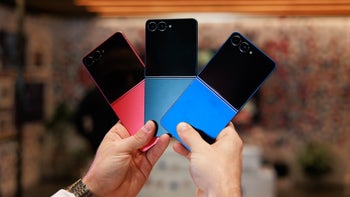
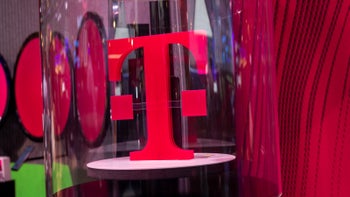
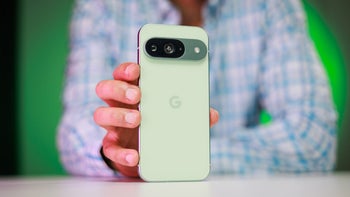
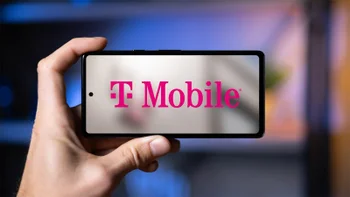
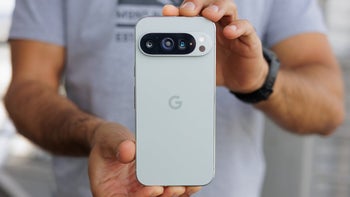
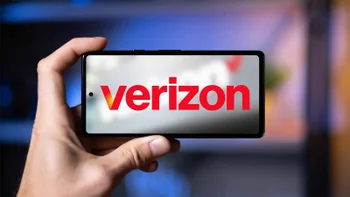

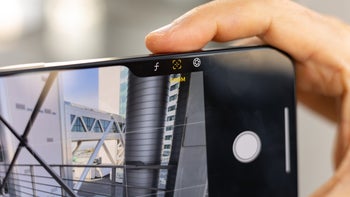
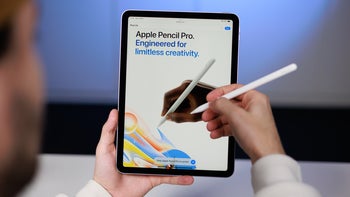
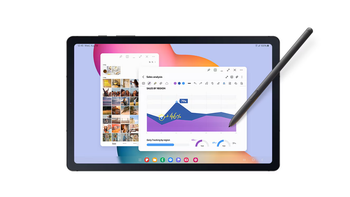
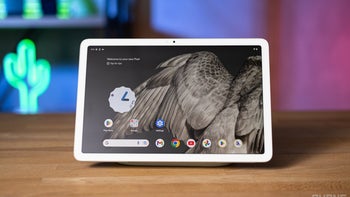
Things that are NOT allowed:
To help keep our community safe and free from spam, we apply temporary limits to newly created accounts: